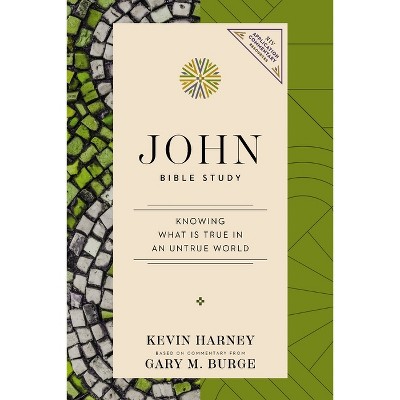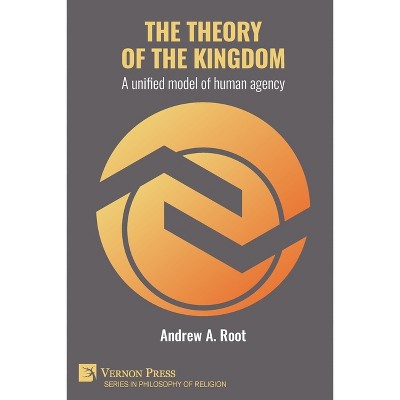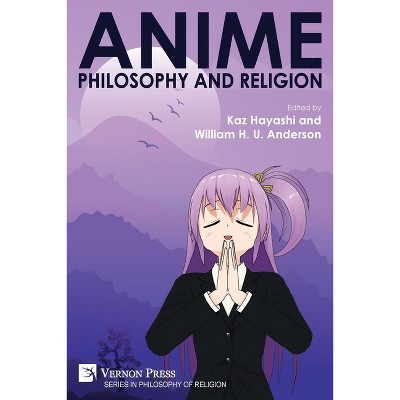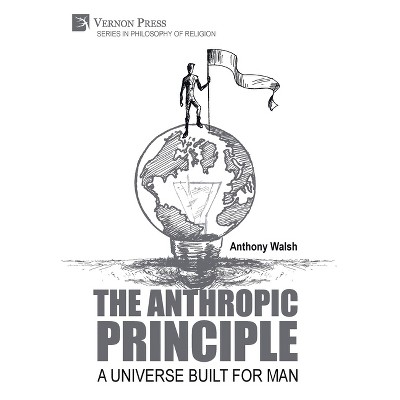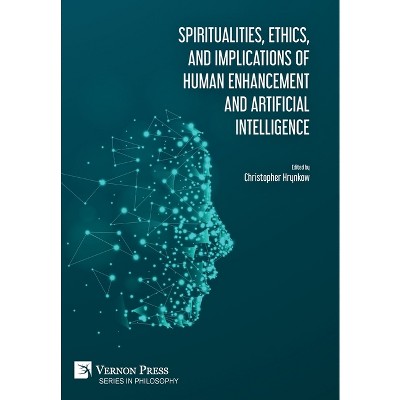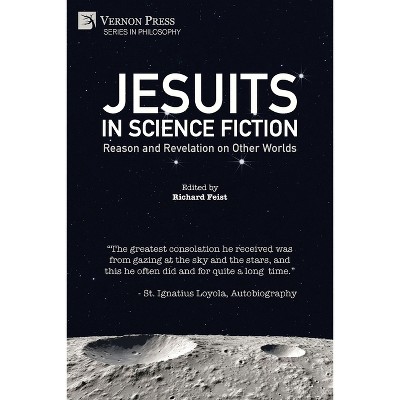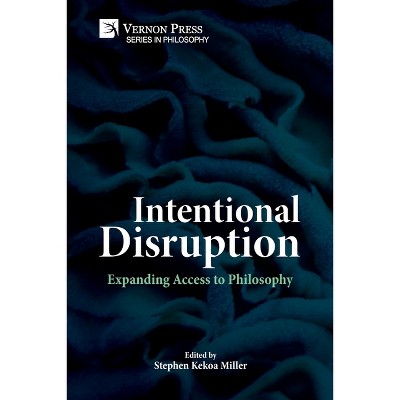Sponsored

The Old and the New - (Philosophy of Religion) by Michael Lee Miller (Paperback)
In Stock
Sponsored
About this item
Highlights
- In the midst of exile from his native Russia in the mid-1930s, Fr Sergii Bulgakov identified his basic aspiration as an Orthodox theologian to be a 'positive overcoming of Modernity' - in fact, a continuation of the efforts of his great 19th-century inspiration, Vladimir Solovyóv, to reconstruct Christian thought and culture in the face of the unprecedented challenges posed by the Enlightenment and the era of revolutionary upheaval.
- Author(s): Michael Lee Miller
- 446 Pages
- Religion + Beliefs, Philosophy
- Series Name: Philosophy of Religion
Description
Book Synopsis
In the midst of exile from his native Russia in the mid-1930s, Fr Sergii Bulgakov identified his basic aspiration as an Orthodox theologian to be a 'positive overcoming of Modernity' - in fact, a continuation of the efforts of his great 19th-century inspiration, Vladimir Solovyóv, to reconstruct Christian thought and culture in the face of the unprecedented challenges posed by the Enlightenment and the era of revolutionary upheaval. But Bulgakov's theological vision also involves a distinctive revision of Solovyóv's programme, whose 'residual Hegelianism' continually threatens to level out speculative reason and mystagogical faith, progress in history and 'the Kingdom not of this World'. Bulgakov refuses any such levelling: instead, he consummates the 'apocalyptic turn' Solovyóv had already commenced in the years immediately preceding his premature death in 1900.
The resulting preference for the paradox of 'antinomy' over the closure of 'dialectic' comes to light in relation to four themes running through Bulgakov's thinking in the decades falling between his rejection of Marxism and the commencement of his mature systematic-theological work in the 1930s: history, work, knowledge, and power.
Review Quotes
Michael Lee Miller has written an exceptionally learned study of the pre-1924 thought of S. N. Bulgakov that makes an essential contribution to our understanding of Silver Age Russian cultural and intellectual ferment. Using the notion of 'the social imaginary' developed by Charles Taylor in his "A Secular Age" as a point of entry, Miller shows how Bulgakov appropriated and transformed the earlier response to the problem of secularisation by Vladimir Solovyov in order to fashion his own vision for Russia as it moved away, at times violently, from the tsarist past to an equally troubled new, ostensibly atheistic society. Miller focuses on what Bulgakov himself identified as crucial for Russian religious philosophy, namely, 'theocracy', and charts its evolution from Solovyov, through Vyacheslav Ivanov, Semyon Frank, and Pavel Florensky down to Bulgakov himself. All the great themes that occupy Bulgakov - history, tragedy, religion, Marxism, work, economy, matter, beauty - receive their due in this truly magisterial discussion of Bulgakov's thought.
Prof. T. Allan Smith
Fellow, Pontifical Institute of Mediaeval Studies
Professor Emeritus, Faculty of Theology, USMC
Emeritus - Full Member, Graduate Centre for Theological Studies at the Toronto School of Theology
Slavic Languages and Literatures, University of Toronto
With awesome learning and effortless command of the original Russian sources, Miller traces the intricate lines of thought that lead from Solovyóv to Bulgakov, focusing on the period from "The Philosophy of Economy" to "The Unfading Light," shedding light on the tangled and often obscure texts of the Russian Silver age. He closes with a conclusion and 'appendix'-really the high point of the book-which reach beyond his self-imposed time scale, with profound meditations on how Bulgakov conceived the future of the Church after Christendom, a kind of theocracy democratized, and how his later thoughts on gender shake off the thrall of lingering notions of patriarchy. An astonishing tour de force!
Archpriest Andrew Louth
Professor Emeritus, Durham University
Author of "Modern Orthodox Thinkers" (2015)
Miller makes a major contribution to contemporary research on the two Russian giants Vladimir Solovyov and Sergii Bulgakov. Both thinkers articulated sophisticated Christian Orthodox responses to the challenges of modernity and secularisation. Miller provides a penetrating and detailed analysis of their understanding of history, knowledge, work, and power. He not only pays attention to the Russian intellectual and cultural context of these authors, but also manages to relate their works to nineteenth and twentieth-century Western history of ideas. This book is not just of interest to specialists in the field of Russian philosophy and theology. It should be read by anyone who is interested in a fresh Christian vision of the world that avoids a stale and nostalgic conservatism as well as an uncritical and naive progressivism.
Dr. Christoph Schneider
Institute of Orthodox Christian Studies, Cambridge
Shipping details
Return details
Frequently bought together


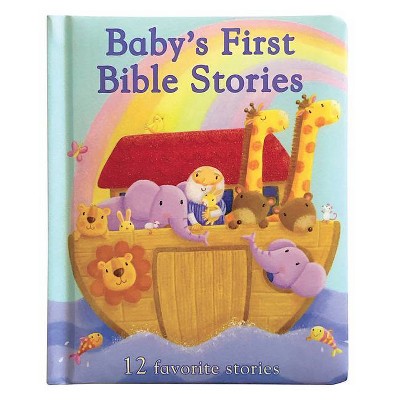

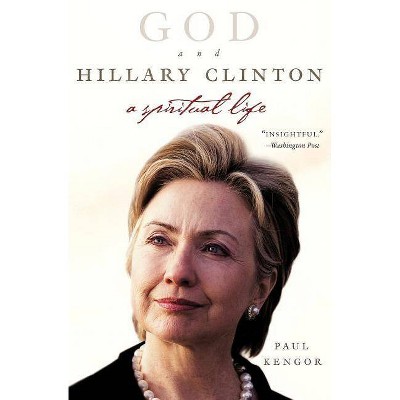
Trending Non-Fiction






